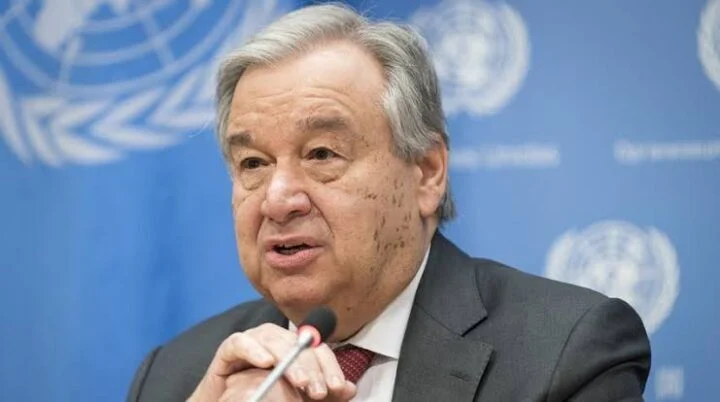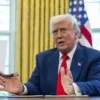The UN Security Council on Tuesday lifted a territorial arms embargo on the Central African Republic that was put in place in 2013 after civil war broke out, but which the country’s foreign minister said was now “unjust.”
The unanimously adopted resolution scrubbed the sanctions that were already watered-down last year when Security Council members agreed to exempt government forces from the embargo.
However, while lifting the territorial embargo, Tuesday’s move introduced a separate ban on sales to “armed groups” operating in the country until the end of July 2025 — a measure that was already effectively in place.
“This diplomatic victory is a first step that restores dignity to the Central African Republic and its people, making Central African diplomacy a model of perseverance and determination in the quest for a fairer world,” said CAR foreign minister Sylvie Baipo-Temon.
“It will have taken months, years, to put an end to a sanction which, as I have always said here, in 2013 may have seemed just but today has become unjust,” Baipo-Temon added.
A civil war has plagued the former French colony since a Muslim-dominated armed coalition called the Seleka ousted former president Francois Bozize in 2013.
French intervention and deployment of UN peacekeepers paved the way for elections in 2016, which President Faustin-Archange Touadera won. Two years later, he brought in fighters from Russia’s Wagner mercenary group to help train his armed forces.
The conflict lost intensity from 2018 but the country still suffers bouts of violence by rebel groups or over its resources, which include gold and diamonds.
Russian UN ambassador Vassily Nebenzia said after the Security Council vote that “it would be appropriate perhaps to raise the question of abolishing the arms embargo on illegal armed groups operating in the Central African Republic.”
“The problem of illegal armed groups can be solved only through sovereign efforts to stabilize and ensure the security within national borders with the cooperation of neighboring countries,” Nebenzia added.
AFP


